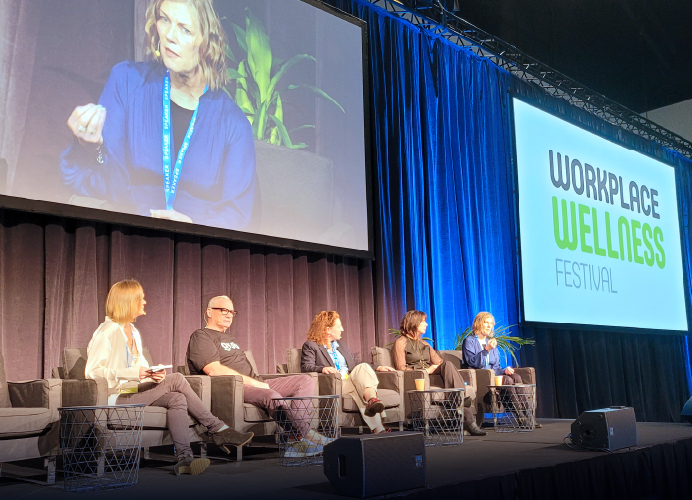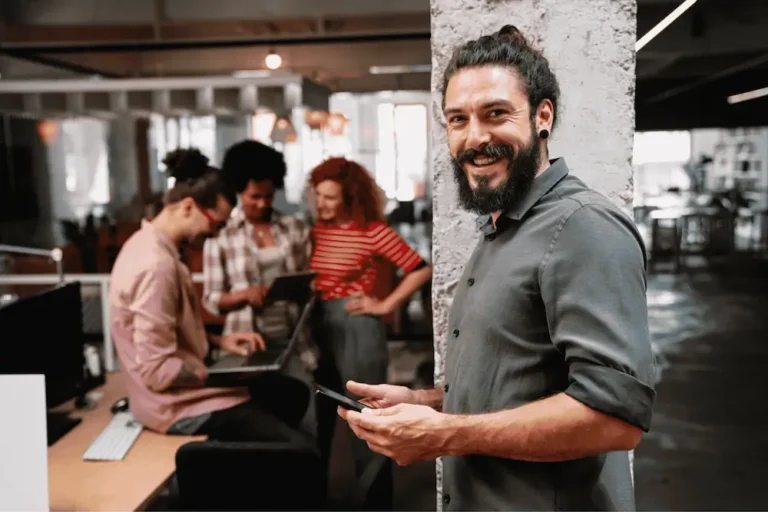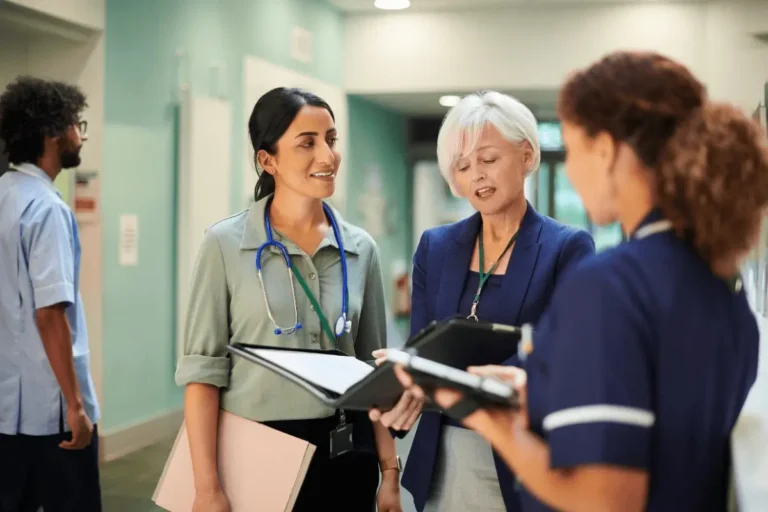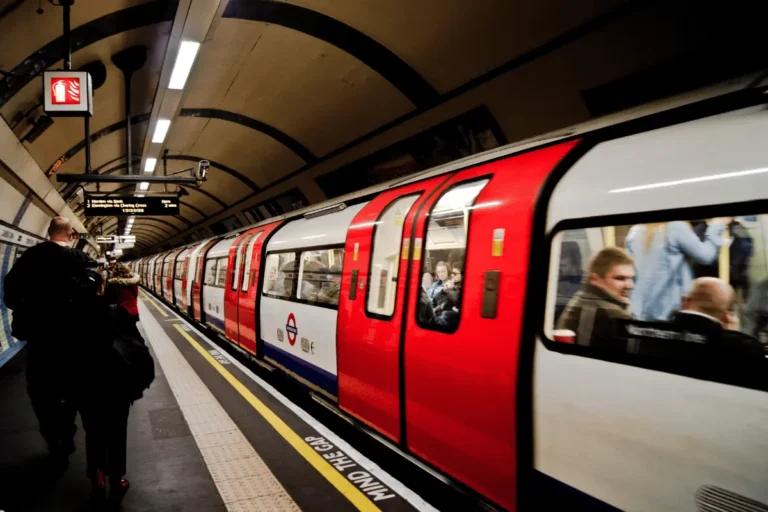Day 1 recap
Every organisation wants its people to be well. But how do organisations evolve existing strategies to achieve this, given the pressures of COVID-19, the spike in talent mobility, and the changing needs of today’s hybrid workforce? This was the overarching question of the recent two-day Workplace Wellness Festival (WWF) in Sydney.
With 3,000+ attendees, 100+ speakers and 60+ exhibitors, WWF was an important reminder of the collective information-sharing power that comes from in-person events, as the room full of people and culture managers, practitioners, and business wellbeing leaders all focussed their attention on one topic, workplace wellbeing, and what we can do about it.
The themes of this year’s program were:
- Mental wellbeing;
- Physical wellbeing, health and safety;
- Employee engagement;
- Workplace experience;
- Diversity and inclusion;
- Culture, meaning and purpose;
- Leadership; and
- Financial wellbeing.
Day one highlights included:
Sir John Kirwan
Former All Blacks player
Kirwan told his harrowing personal story of suicide rumination when on an All Blacks tour in Buenos Aires. On the surface, he was successful; he was in an elite national team, and fit enough to train for three hours a day in the gym. But under the surface, Kirwan was taking 200ml of Voltaren before matches to numb his physical pain, and drinking way too much in the evenings to numb his emotional pain.
When Kirwan was contemplating a jump out of his tenth-floor window, fellow rugby union player, Sir Michael Jones, turned to him and said, “JK, you’ve got a good heart”.
Kirwan’s life was saved by the right-place, right-time support of a colleague. How can we do the same in our workplaces?
When you’re in the darkest of places, a minute feels like an hour, an hour feels like a day, a day feels like a week, and a week feels like a lifetime – it’s exhausting.
Sir John Kirwan, Former All Blacks player
Now a prominent mental health advocate, Kirwan elaborated on the importance of mental health and wellbeing in the workplace:
- “I’m hearing about talent retention, psychological safety, and burnout. I should be hearing about Barbara, James, and Bob. Talent has a name – they’re people.”
- “There is no work-life balance – it’s just life.”
- “[Poor] mental health is an illness, not a weakness.”
- “You need a mental health plan for yourself – and your people.”
For fun, he asked, “When was the last time you danced at work?”
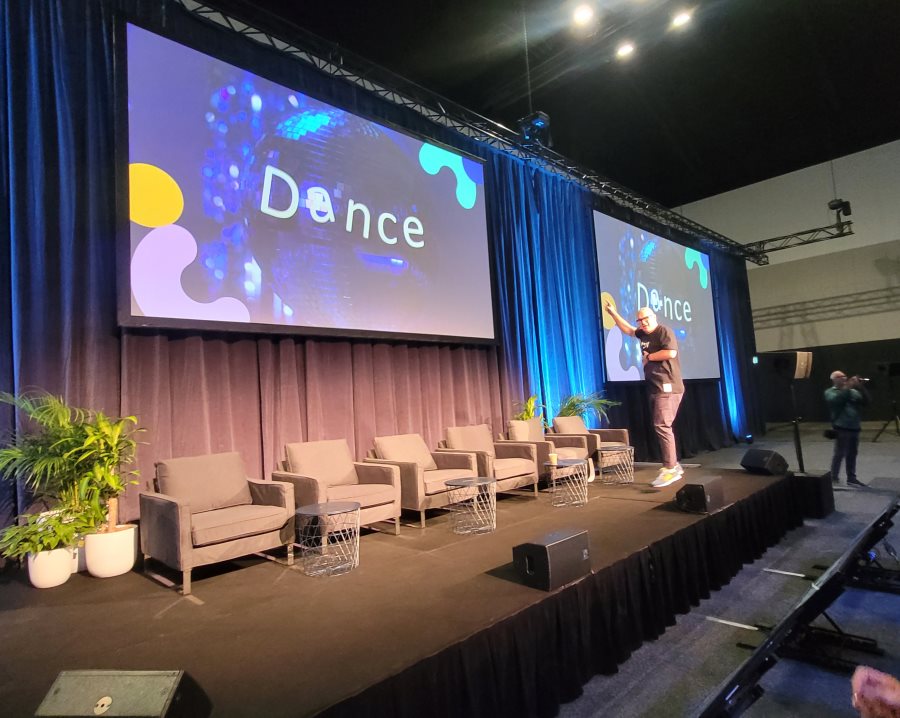
Professor Paula Brough
Director, Centre for Work, Organisation and Wellbeing, Griffith University
After two and a half years of on-again-off-again isolation, think about how to energise your workforce and reestablish connections with your team. Think about cohesion and how to keep improving how you work together.
“Don’t give control away to organisations again. Keep embracing your power to shape your work as you wish.”
Lynette Edmonds
Head of Talent and Engagement AU, Edelman
“A lot of the previous rules and justifications for work structures no longer make sense.”
“Every day now, I think, what are we planning for? Where’s the crystal ball?”
“Humans are habitual creatures and [now that the world of work has changed], we need to create new habits.”
“People want to feel excited about coming into the office again” – so excite them.
Bettina Sammut
Manager, People and Culture, Canteen
“In my HR world, we’ve always relied on frameworks and policies.” But since COVID-19, “we have no frameworks for what to do now”.
“Try to be open-minded when your team members come to you with a request. Toss it around, think about it, and pause before responding.”
Mark Graham
Chief People Officer, RGF Staffing
“Rather than drifting through this large, uncontrolled experiment [any longer], how do we [proactively] shape what the new world [of work] looks like?”
We need to “trust through guardrails, not rules” now.
An increased number of people are wanting to work from abroad. “This can be difficult from an HR, tax, and logistical perspective”, but it’s a reality.
“‘Dynamic working’ seems a more appropriate phrase than ‘hybrid working’, because ‘hybrid’ seems to infer a location, whereas ‘dynamic’ refers to more than that.”
Layne Beachley AO
World champion surfer
As the only person – male or female – to win the world championship surf title seven times, and as someone who has herniated a disk in her back that caused excruciating pain for five years, Beachley has experienced the highs and the lows of professional sport.
Her lessons learned included:
We can’t always wait for everything to be perfect before we take action;
Be kind to yourself – she confessed that sometimes the reason she lacked compassion for others was a reflection of the lack of compassion she had for herself;
Pay attention to your health – the body whispers before it screams; and
It’s okay to not be okay.
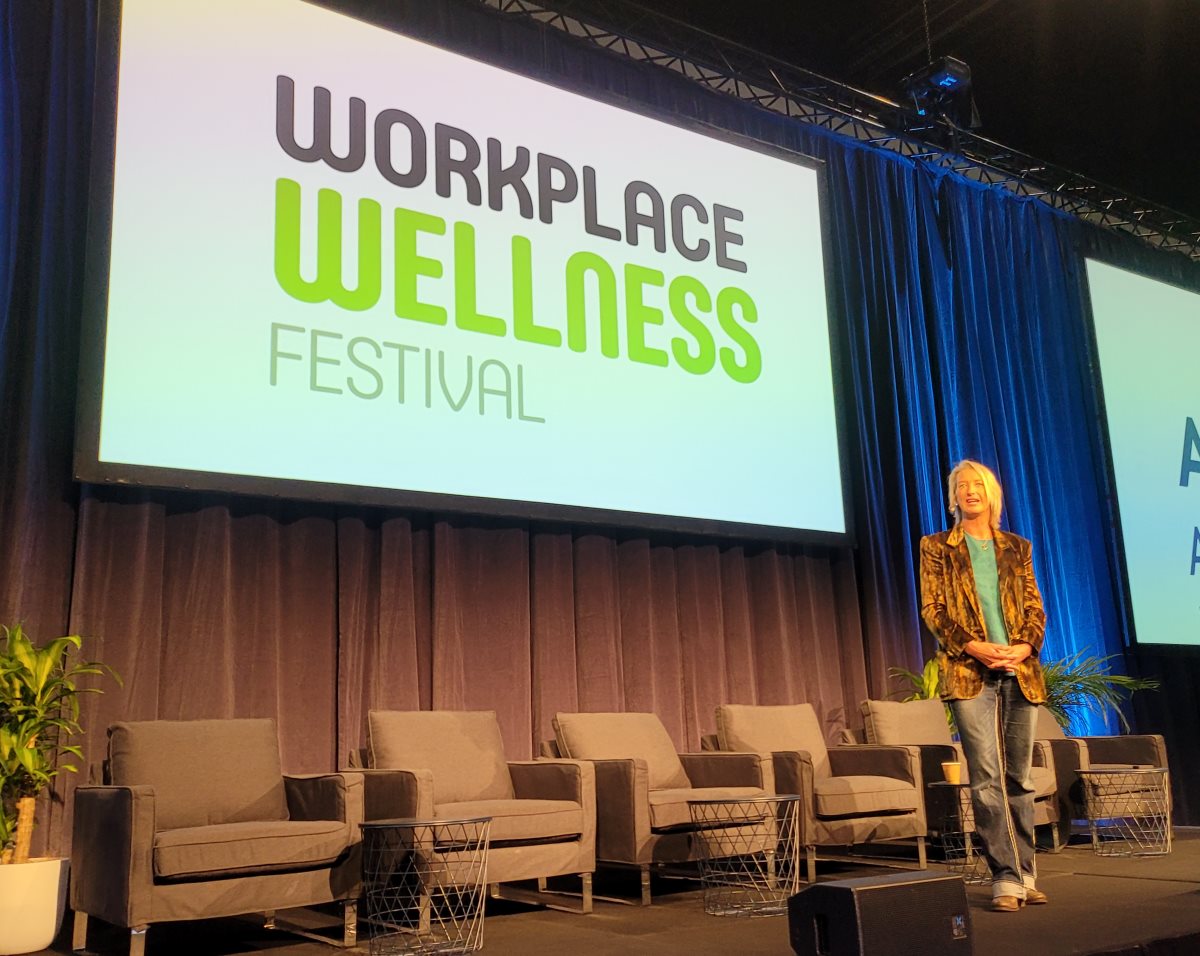
Dr Mark Deady
UNSW Senior Research Fellow, Black Dog Institute
Deady presented some of the key findings from Black Dog’s 2021 white paper, Modern work: how changes to the way we work are impacting Australians’ mental health.
Changes in how Australians work:
Digitalisation: 70 per cent of Australians who worked from home during lockdown did so outside of normal hours;
Casualisation: 1 in 4 Australian workers are classed as ‘casual’;
AI and automation: 51 per cent of workers are being replaced by AI/automation; and
The ‘gig’ economy: is now estimated to be worth $6.3 billion.
Changes in Australia’s workforce:
Women:
- More women are in our workforce (71 per cent);
- Work is more likely to be part-time and insecure; and
- Jobs are at high risk of automation and casualisation.
Cultural diversity:
- Underemployed/discrimination/high distress levels; and
- Aboriginal and Torres Strait Islander intergenerational trauma and poverty.
Older workers:
- Older people need to work for longer to afford longer retirement; and
- Potential for acute stress.
Younger workers:
- Particularly vulnerable to jobs with reduced security;
- 15-24 age group are in industries most impacted by COVID-19;
- Zero wage growth for 20-35 age group from 2008-2018; and
- Employed in less stable industries, and have lower wages.
Mental health-related claims:
- The most commonly cited reasons for work-related mental stress in Australia are:
- Work pressure (31 per cent);
- Work-related harassment and/or bullying (27 per cent); and
- Workplace violence (14 per cent).
- The average time taken off work for mental health-related claims has increased by 86 per cent
- The cost of mental health-related claims has increased by 209 per cent.
Following on from last year’s ISO 45003 release:
Psychosocial risk:
It is very important to provide a psychologically safe work environment. Deady presented this visual to explain some example psychosocial risk factors:
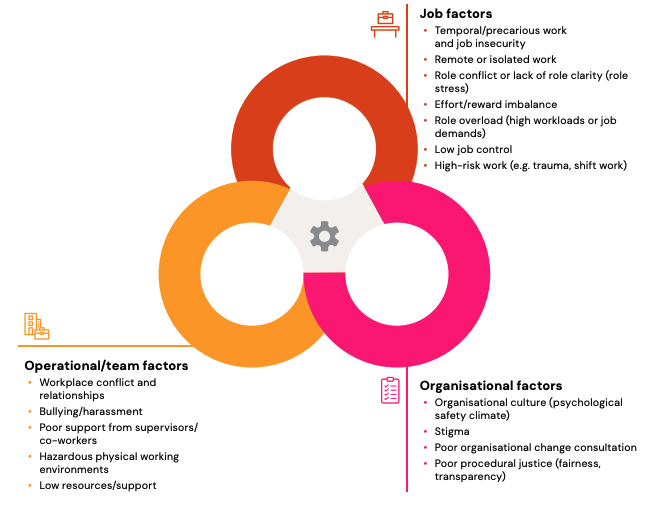
Fiona Andrew
Head of Mental Health and Wellbeing, Australia Post
Snapshot of Australia Post:
- 35,000 employees
- 50,000 licensees and delivery contractors
- Multiple workplaces:
- 4,330 post offices
- 267 delivery sites
- 13,000 vans, utes, trucks, electric vehicles, and motorcycles
Key concerns from their people:
- Feeling connected and that their voices were valid; and
- Feeling that leadership support was in place.
Vision for psychological health, safety and wellbeing:
- Australia Post will be a leader in creating psychologically safe and mentally healthy workplaces.
FY25 strategic objectives:
- Identify and mitigate psychosocial exposures, tailored to each workforce segment;
- Raise awareness and combat the stigma of mental health;
- Build leader capability to support psychological wellbeing; and
- Positively influence psychological safety and wellbeing in the community.
Australia Post has comprehensively identified psychosocial risks and interventions by workforce segment.
Key risks identified:
- Psychological safety;
- Manager support;
- Customer aggression;
- Work demands;
- Emotional demands;
- Proactive safety climate;
- Change management; and
- Reward and recognition.
Some examples of their (implemented and/or planned) interventions were:
- Embedding Managing Challenging Caller (MCC) training in induction;
- Expanding MCC Train the Trainer accreditation;
- Trialling processes to protect consultants from non-voice channel customer abuse;
- Mental Health Summit to codesign actions with leaders and frontline workers;
- Leader-led workload prioritisation and forecasting conversations;
- Leader-led and role-modelled ground rules;
- Scheduling safety sessions in other meetings;
- Buddy system for support in emotionally-demanding situations;
- Driving Mental Health Essentials uptake;
- Targeted focus groups; and
- Social activities.
Iva Durakovic
Lecturer, School of Built Environment, UNSW
- “Physical workplaces are changing, but right now there is still a lot of guessing going on.”
- As more companies are acknowledging that solo work is done better at home, workplaces are being redesigned for socialisation and project work.
- “Workplaces will become connection spaces”, rather than workspaces.
Domino Risch
Principal, Global Commercial and Workplace Sector Leader, Hassell Studio
Hassell’s 2022 survey findings (full results to be released soon here):
- Hybrid work is the new normal for all knowledge workers and sectors;
- The more time people spend in the office, the more engaged and connected they are;
- But, if you force people to come back to the office, they’ll leave;
- People have different reasons for wanting to work from home;
- Spaces to focus are as (if not more) important than social and collaboration spaces; and
- Home has become more like the office, so the office needs to become more like home.
From their annual survey of 2,000+ employees across Australia, Singapore, the US and the UK, Hassell found that 2022’s most wanted office features (in order) were:
- Free lunch and food;
- Fresh air from outside;
- Gardens and green spaces;
- Good coffee;
- Enough space to focus without distraction;
- A private gym;
- A space to take a nap;
- A wellness-focussed environment day spa;
- Good food and retail nearby;
- Environmental sustainability;
- Exercise classes;
- Good meeting facilities;
- A great bar or restaurant nearby;
- Networking opportunities; and
- Enough space to collaborate.
They noted that some of these features are “things from home”, which demonstrated the merging of home and work.
If you’d like to learn more, Risch recommends Hassell’s white paper, The Elastic Office Building.
The workplace of the future is more than just work ‘space’, it’s a holistic approach that uses every possible lever to create memorable, human experiences that people will want to engage with over and over again.
Domino Risch
Allan Ball
Executive Director, White Ribbon Australia
- “We need to see domestic and family violence through a trauma-informed lens.”
- “One-third of women are feeling some form of abuse, disrespect, or violence.”
- “We need to call men in, not call men out.”
John Bale
Managing Director and Founder, Fortem Australia
- “We need to be more preventative” and overcome “the warrior ethos, which says that if you stay strong, nothing will happen to you”.
- “We need to treat our minds like we treat our bodies.”
Aunty Munya Andrews and Carla Rogers
Co-directors, Evolve Communities
Andrews (a leading Indigenous Australian thinker, author and barrister) and Rogers spoke about the importance of allyship. “An ally is a person who stands up for another person” – in this case, for Aboriginal and Torres Strait Islander peoples.
They discussed their seven steps to reconciliation and allyship™:
- Reconciliation – Why is this important to your workplace?
- Diversity, identity, and stereotypes – What does it mean to be Indigenous?
- Our shared history – How is it impacting Australians today?
- Communication and unconscious bias – How can you examine assumptions and cultural differences?
- Kinship – Do you understand Sorry Business and the need for cultural leave?
- Privilege – What is the role of privilege in creating and closing the gap?
- Becoming an ally – What are some practical actions for all Australians?
Andrews:
- “Everybody has something of value and worth to offer.”
- “We can learn much about workplace wellness from Indigenous wisdom.”
- “When we see each other as family, we exercise compassion, kindness, tolerance, acceptance, and connection.”
Dr Sally Phillips
Head of Health Services, Zurich Life and Investments
Phillips acknowledged COVID-19’s mental health challenges (e.g. a 16 per cent increase in calls to LifeLine) but questioned whether our focus on mental health had meant we had forgotten the importance of physical health.
For example, she said that the COVID-induced delay in screening our physical health is predicted to result in an additional 350 deaths in Australia over the next three to five years.
She also explained how physical and mental health were intertwined, with delays in elective surgeries (such as knee replacements) leading to an increase in mental health conditions.
She stressed the importance of diet, sleep, and movement, and presented statistics to inspire the audience to consider the “whole health” of their employees and teams.
Her recommended actions included:
- Awareness and education;
- Targeted prevention programs;
- Long COVID surveillance and education; and
- Enhanced monitoring and measurement activities.
Professor David Dunstan
Head, Baker-Deakin Development Lifestyle and Diabetes, Baker Heart and Diabetes Institute
with Professor Genevieve Healy
Principal Research Fellow, School of Human Movement, University of Queensland
Healy and Dunstan briefed attendees about the BeUpstanding™ program, designed by researchers at The University of Queensland’s School of Public Health.
The aim of the program is to encourage workforces to “stand up, sit less, and move more at work”, and the speakers encouraged organisations to sign up and participate.
The three essential steps of the program are:
- Raise awareness;
- Build a supportive culture; and
- Create sustainable change.
To date, 111 organisations have consented to the 8-week trial, with 57 trials completed. Early results are promising, showing that if employees sit for 38 minutes less per day, they exhibit 11 per cent less musculoskeletal symptoms, and take 7 per cent less sick days.
Day 2 recap
Workplace wellbeing, health, safety, diversity, inclusion, gender equality, compliance, culture, and belonging. These were the themes of day two at the recent Workplace Wellness Festival (WWF) in Sydney, as guest speakers shared stories, data, and insights about how to evolve organisational strategies to better fit the changing needs of today’s hybrid workforce.
Following on from our recap of day one, some of the highlights of day two included:
Ricky Pena
Chief People Officer, Engineers Australia
- “During COVID, we asked each of our top 30 leaders to proactively ring three colleagues to check on their safety. From that, we learned three things:
- People appreciated help with setting up a safe work environment at home (e.g. desk, chair, monitor etc.);
- People were longing for social connectivity; and
- We had colleagues working from home in an unsafe environment of domestic and family violence (DFV).”
Nicki Luther
Senior Director HR, South Pacific, Stryker
- “People first, employees second. Look for people and who they are first. Look for skills and experience second.”
- “Look for what’s right about someone rather than what’s not.”
- “Encourage managers to care.”
- “We introduced a recharge day.”
Kelly Mitchell
GM Employee Experience, Tabcorp
- “We tailor our comms and messages for our different employee groups (e.g. office employees versus race track employees).”
- “We did a lot of work to reassure people about their job security because people worrying about job security impacts wellbeing.”
- “We provide overt gender affirmation support.”
- “Aim to create a culture where inclusion and psychosocial safety is key.”
Allisa O’Connell
Head of People and Culture, Flight Centre Travel Group
- Pre-COVID, 70 per cent of Flight Centre’s revenue came from international travel.
- COVID-19 and the resultant border lockdowns sent major shockwaves through Flight Centre’s business.
- Of their 10,000 employees, 7,000 were stood down (including 5,000 who were made redundant).
- The company’s guiding principles during this time were: fairness; respect; and compassion. They wanted to allow people to leave the company with dignity.
- Flight Centre created an alumni page.
- 96 per cent of employees who were made redundant joined this alumni page.
- When the company could hire again, they went to their alumni community.
- Almost 900 people have been reemployed from this community.
- “Once a Flighty, always a Flighty.”
- Having been at Flight Centre for 34 years, Allisa took the redundancies hard. She bravely shared her personal struggles through this tough period. Gradually, she learned that to prevent her burnout, she needed compassion for herself before she could continue to compassion to others.
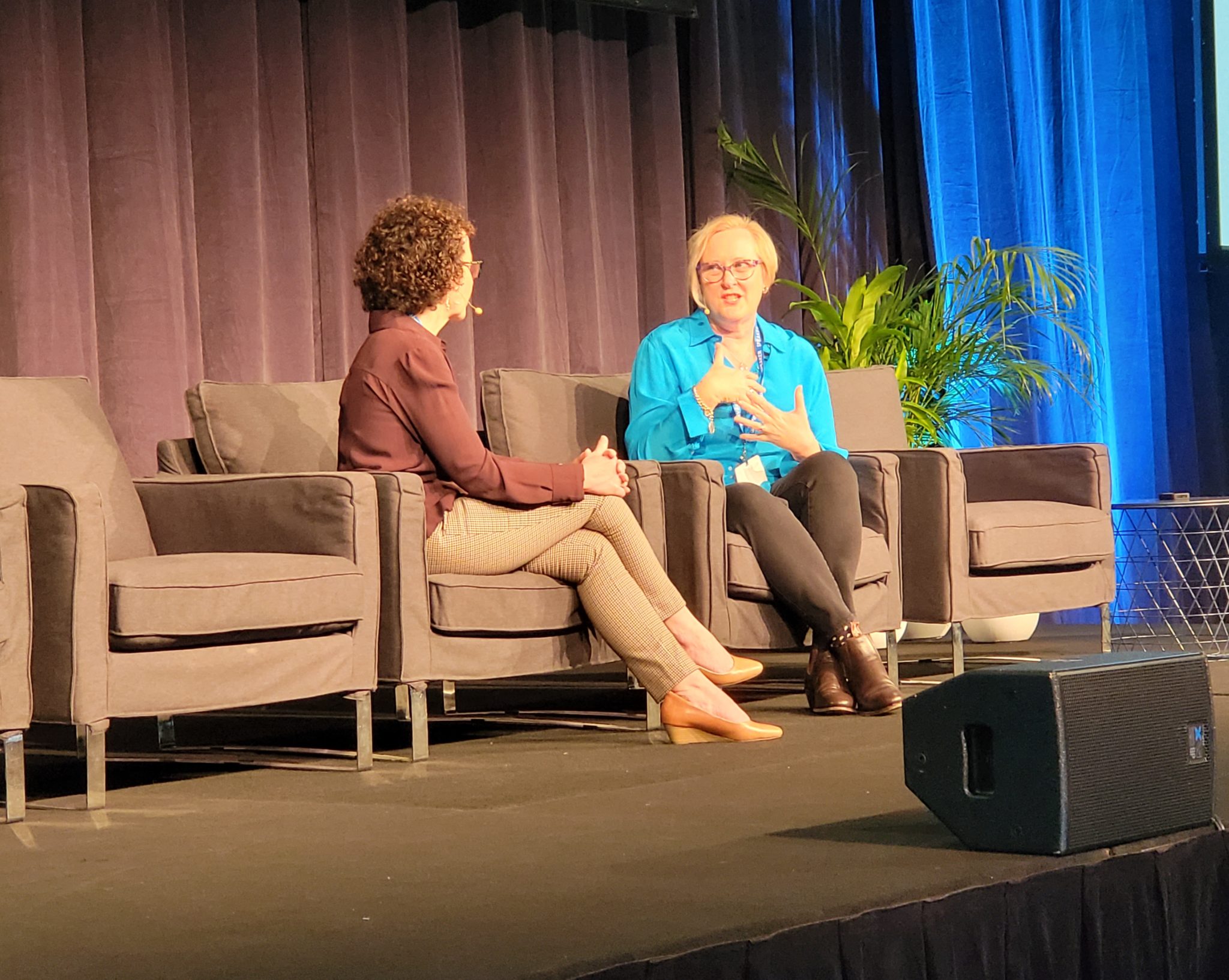
Rita Slogrove
Learning and Organisational Manager, Fletcher Building Australia
- “Two things that we did since COVID started that worked were:
- Leaders role modelling behaviour – creating conscious permission for everyone to switch off (e.g. not sending emails late at night); and
- Encouraging people to create rituals to start and stop work, and to separate work from home as much as possible.”
- “Leaders need to know what suits not just their teams, but the individuals in their teams. Does that person like Chat, phone, email, or meetings? Are they unusually quiet because they’re feeling socially isolated and need extra support?”
Lynnette Edmonds
Head of Talent and Engagement AU, Edelman
- “Our global president introduced a ‘dusk to dawn’ policy for people to switch off.”
- “Our organisation is ‘on the clock’ all day, for billable hours, but we introduced ‘no meetings Fridays’ and gave permission for our people to clock off every Friday at 4pm.”
Andrea McDowell
VP, People, Culture and Impact, Cape
- “Data is important, but what’s the narrative behind the data? What’s the why?”
- “Help people see what’s in it for them.”
- “Keep it simple.”
Professor Denise Jepsen
Organisational Psychologist, Academic and Researcher, Macquarie University Business School
- “How can managers learn to regulate their emotions in the workplace?”
- “What does compassion mean in the workplace?
- Being aware of what’s going on;
- Appraising it for what it is;
- Being empathetic; and
- Acting on what you learn.”
Pauly Grant
Chief Talent Officer, Publicis Groupe
- “We’re seeing a battle between price and purpose. As well as a shift in power dynamics. Resignations are just one of the outcomes. We’re witnessing a mass evaluation of priorities.”
- “We changed our language from “employees” to “people”.”
- 55,000 people worldwide.
- 1,500 people in Australia.
- 22 agencies across Australia and New Zealand.
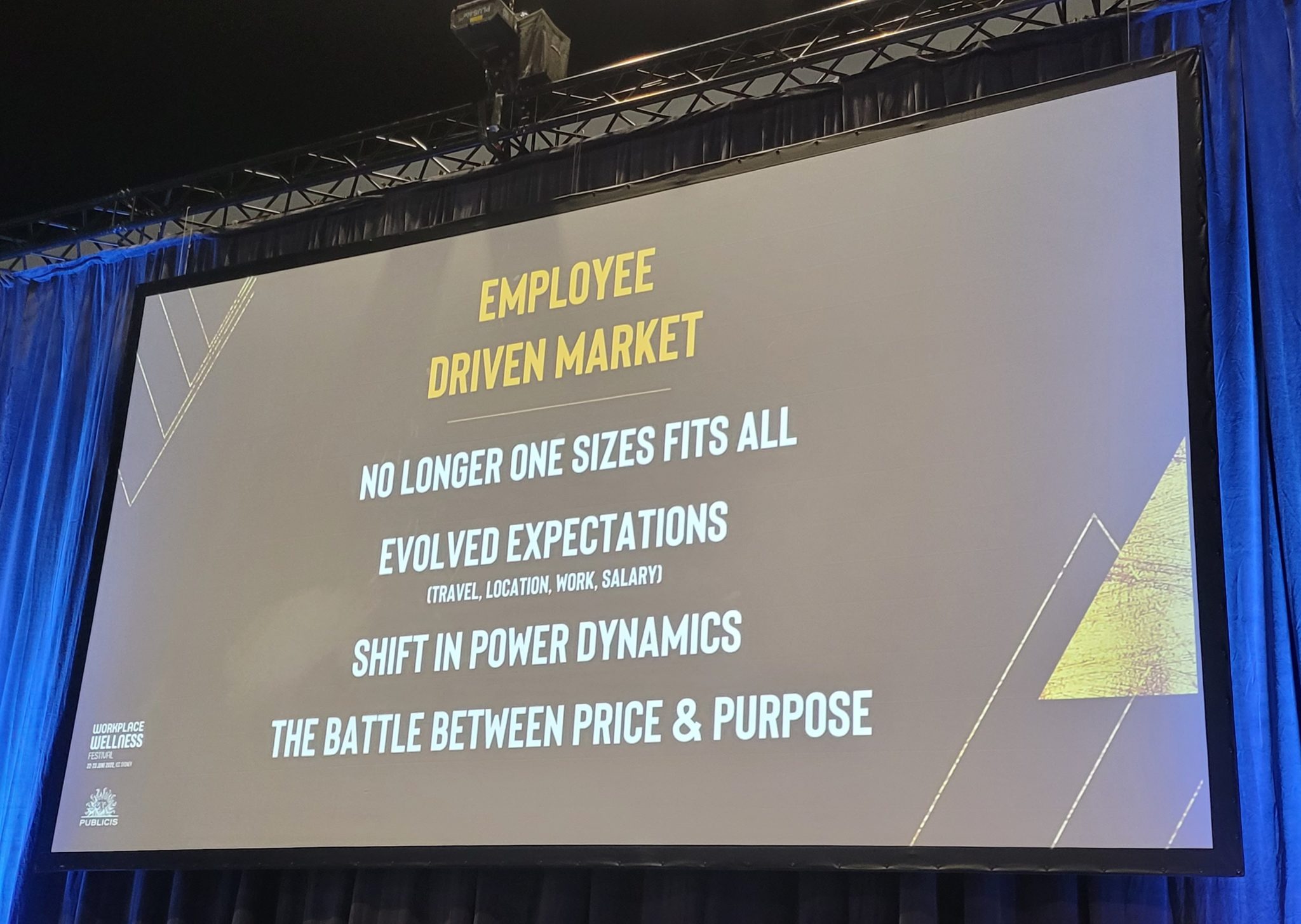
Jessica Mayers
Senior Relationship Manager, Pride in Diversity, ACON
- “If your leader is not inclusive but your team is, it won’t work.”
- “A Diversity Council Australia report showed that a non-inclusive environment has a negative impact on mental health.”
Lauren Levin
Head of Diversity and Inclusion, MinterEllison
- “Everyone’s on a different stage of their journey. Even if an organisation is sophisticated, don’t assume everyone’s on the train before it leaves the station.”
- “Even if you’ve run education sessions before, there is value in running them again.”
Maurice Wilkins
Director and Head of Inclusion, Diversity, Equity and Belonging, Twitch
with James White
Senior Manager, Global Diversity and Inclusion, Fastly
- “Dignity and respect are crucial for diversity, equity and inclusion (DEI) strategies.”
- “Dignity and respect violations include microaggressions, lack of access, and lack of opportunity and growth (e.g. overlooking internal candidates and not notifying them of vacancies).”
- “Lead with compassion and treat people with the respect they deserve.”
- “Create learning opportunities. Consider an apprenticeship program. Consider a sponsorship program.”
- “Hold people accountable.”
Fay Calderone
Chair (Diversity and Inclusion Advisory Council) and Partner (Employment and Workplace Relations), Hall & Wilcox
Fay Calderone, recent winner of Employment Partner of the Year at the Lawyers Weekly awards, delivered an excellent presentation about employer risks from: toxic behaviour; the shadow pandemic; and “the great exhaustion”.
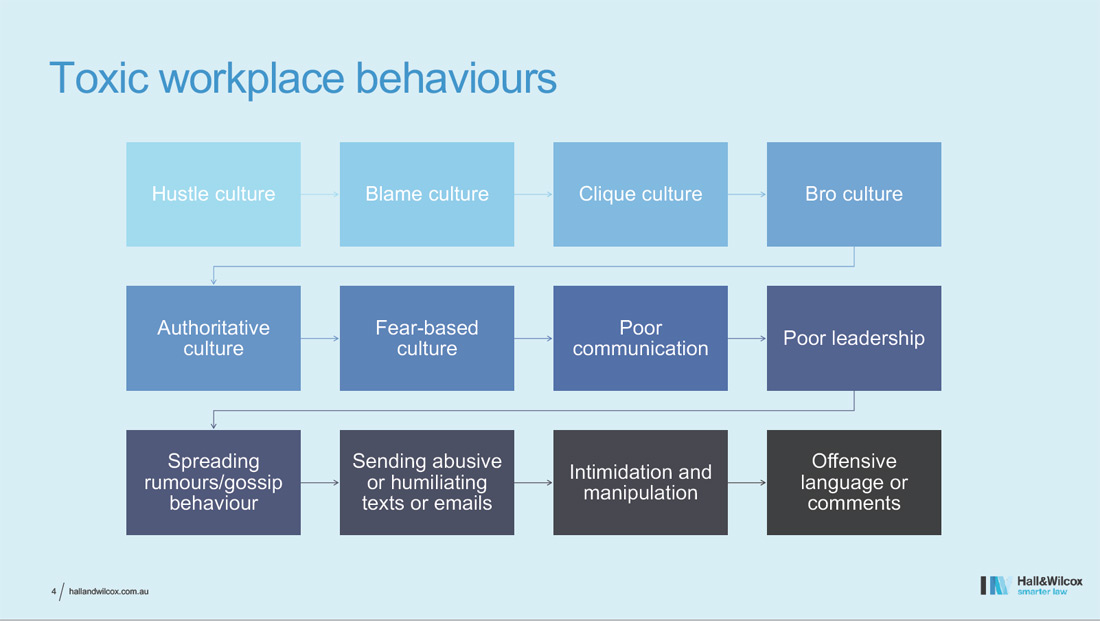
Wesa Chau
Co-founder, Resilience Against Racism, and CEO, Cultural Intelligence
- “Racism impacts mental health.”
- “People think there is a queue. They say, “We need to fix gender first, then we’ll come back to diversity and racism.” This of course is not true.”
- “An Asian person not speaking up does not mean they have no opinion. It might just mean they have a different understanding of respect.”
- “The real value of diversity is innovation.”
Dwayne Bannon-Harrison
Director, Ngaran Ngaran Cultural Awareness
- “Know the history of this country and don’t treat First Nations people as an afterthought.”
- “As someone who was taken off a settlement and sent to work on a farm as a slave, my grandmother has been waiting 65 years for her wages to be paid.”
- “If you are not First Nations people, you are Second Nations people. We have two universal custodians of our country.”
- “Don’t think you can’t do anything. The one percents all add up to be the change we want to see.”
- “Consider Supply Nation” – a database of verified Australian Indigenous businesses.
Kristin Hay
Partner, Head of People and Culture, Knight Frank Australia
“To keep us accountable, we became a Work180-endorsed employer.”
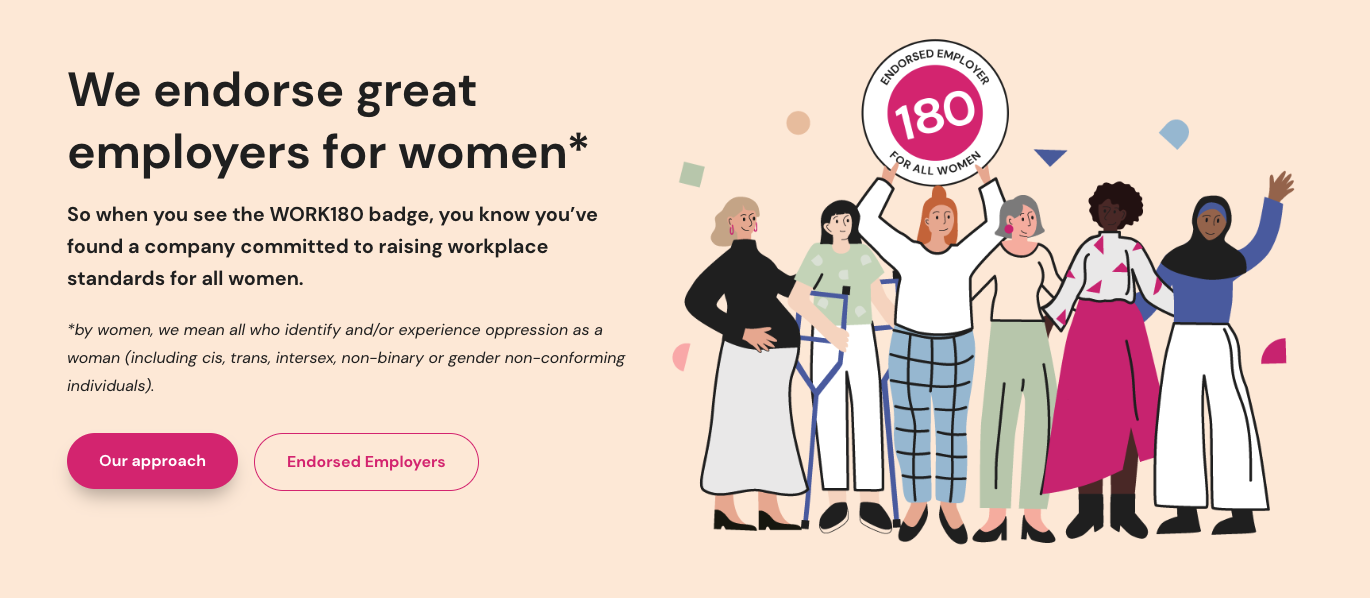
Naomi Sedden
International Lawyer, Partner, Littler
- Naomi presented passionately on the topic: How every employer can navigate complex laws to implement women’s health benefits across the globe.
- She shared her very personal story of 10 surgeries, 100 tests, 3 rounds of IVF, 4 lost children, and 3½ months in hospital with a premature baby.
- “Miscarriage has a physical and emotional impact.”
- “By 2030, one-quarter of the world will be in menopause.”
- “You do a huge disservice to female employees by not acknowledging that there are many experiences unique to women.”
About Sonder
Sonder is a technology company that helps organisations improve the wellbeing of their people so they perform at their best. Our mobile app provides immediate, 24/7 support from a team of safety, medical, and mental health professionals – plus onsite help for time-sensitive scenarios. Accredited by the Australian Council on Healthcare Standards (ACHS), our platform gives leaders the insights they need to act on tomorrow’s wellbeing challenges today.
